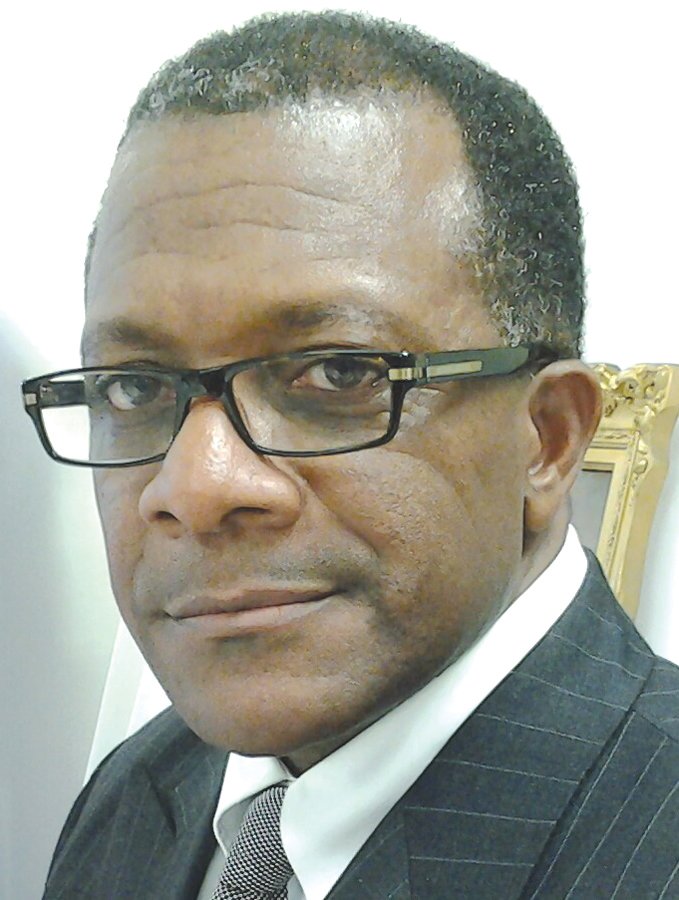Column by Manning pastor Sam Livingston: It's OK, say it!

There are few things in life that are universal throughout the world. One of those is a simple smile. Contrary to a smile, there are those phrases that so many people have difficulty saying. Think about it; if I had to guess, I would say that 1 out of every 10 people has difficulty saying, "I'm sorry, please forgive," or, "I was wrong." What's so hard about owning up to our faults and mistakes? Some see confession as a sign of weakness; confession, however, is a sign of maturity.
According to Psychology Today, five reasons are offered about why people neglect saying, "I'm sorry."
1. Admissions of wrongdoing are incredibly threatening for non-apologists because they have trouble separating their actions from their character.
Apologizing should not be considered to be a threat to our character, but our character of doing the right thing should threaten our non-apologetic side.
2. Apologizing might open the door to guilt for most of us, but for non-apologists, it can instead open the door to shame.
Guilt often makes us feel bad about our actions; shame for the person who refuses to apologize makes him feel bad about himself. This result can cause that person to become violent.
3. While most of us consider apologies as opportunities to resolve interpersonal conflict, non-apologists may fear their apology will only open the floodgates to further accusations and conflict.
They stay away from owning up to their mistakes to avoid being viewed as a weak, unstable person.
4. Non-apologists fear that by apologizing, they would assume full responsibility and relieve the other party of any culpability.
Some people may even say, "Why should I apologize? I always apologize, and the other people say nothing as though they were correct."
5. By refusing to apologize, non-apologists are trying to manage their emotions. They are often comfortable with anger, irritability and emotional distance and experience emotional closeness and vulnerability to be extremely threatening.
They feel that an apology could destroy their psychological guard fence. This, according to their belief, would make them vulnerable to sadness and despair.
This study released some valuable information to understand why it is so hard to apologize for some people. If you are on the other side of the fence as one who is quick to apologize, now you can help those who struggle with apologizing.
This tool of the adversary has been used for centuries to keep families apart. It has been used to put nations against nations. The refusal to confess one's fault causes the opposition to take a defensive stance and prepare for war. Imagine all of the lives that have been lost because of this one issue. Think about the millions of dollars spent in divorce court that could have been saved and invested for future enjoyment.
It's OK to apologize. In fact, I challenge you to say it right now. Pick up the phone, make the call, send a text or an email and say, "I was wrong, please forgive me." The person on the receiving end will be overjoyed because of your actions. Confessions like these are almost as good as a sparkling diamond!
I John 1:9: If we confess our sins, he is faithful and just to forgive us our sins and to cleanse us from all unrighteousness.
Likewise, when we confess to those who care deeply about us, they sweep up every ugly thing that you said and throw it into the pit to be burned with the one who started it all, Satan.
The only stupid apology is the one that was never given!
Sam Livingston is pastor of Antioch Missionary Baptist Church in Manning.
More Articles to Read
